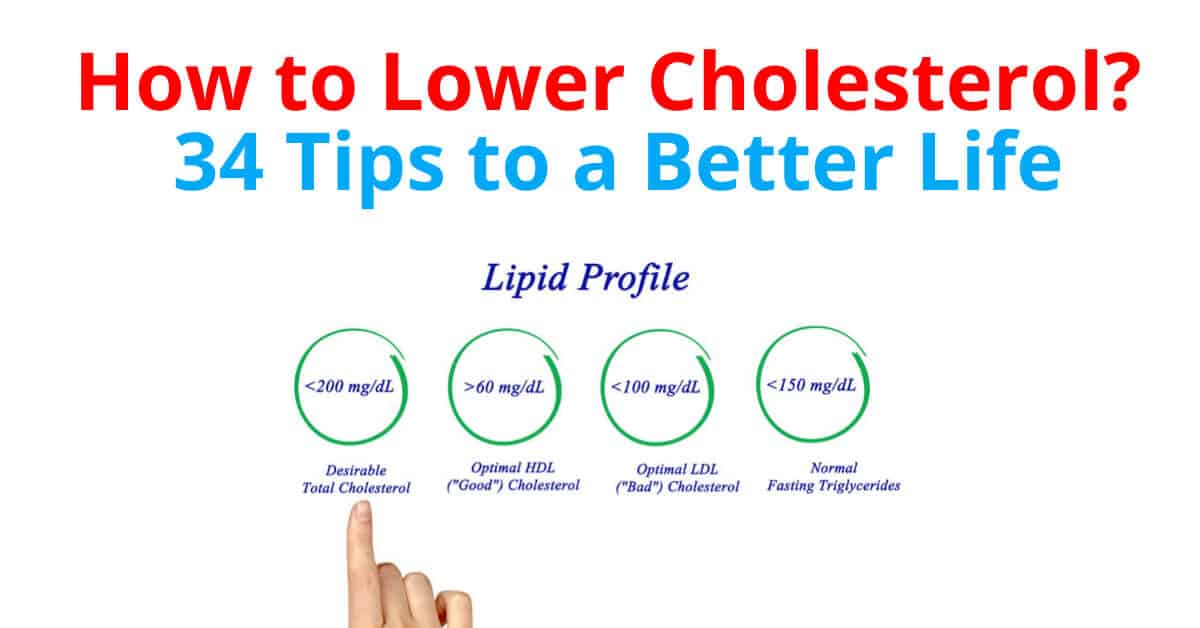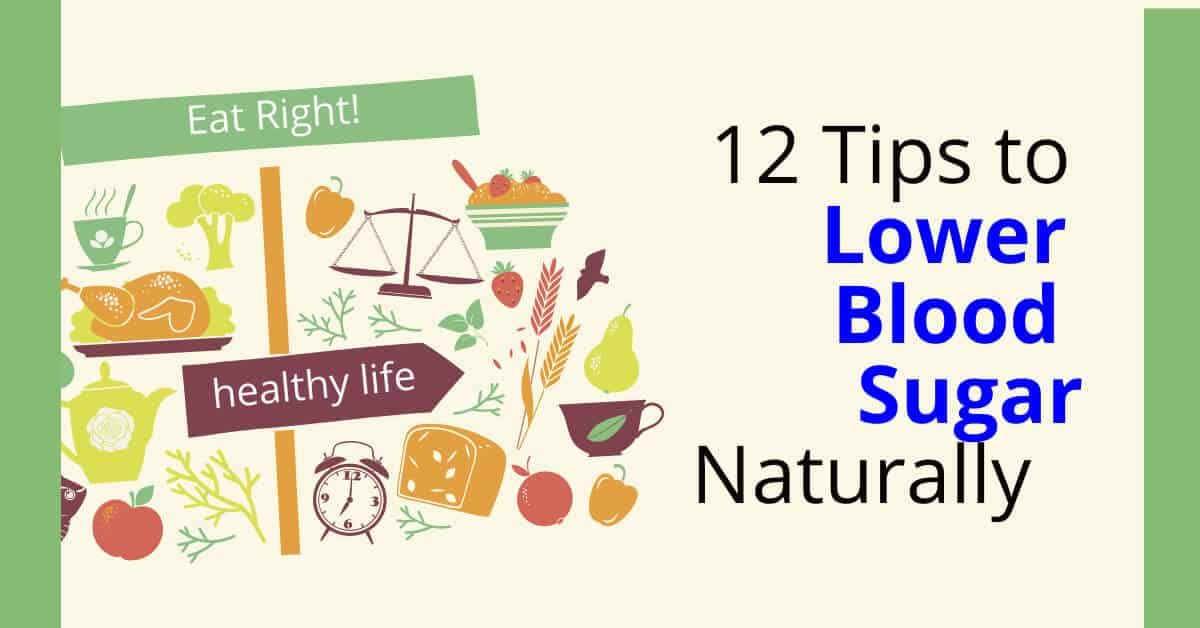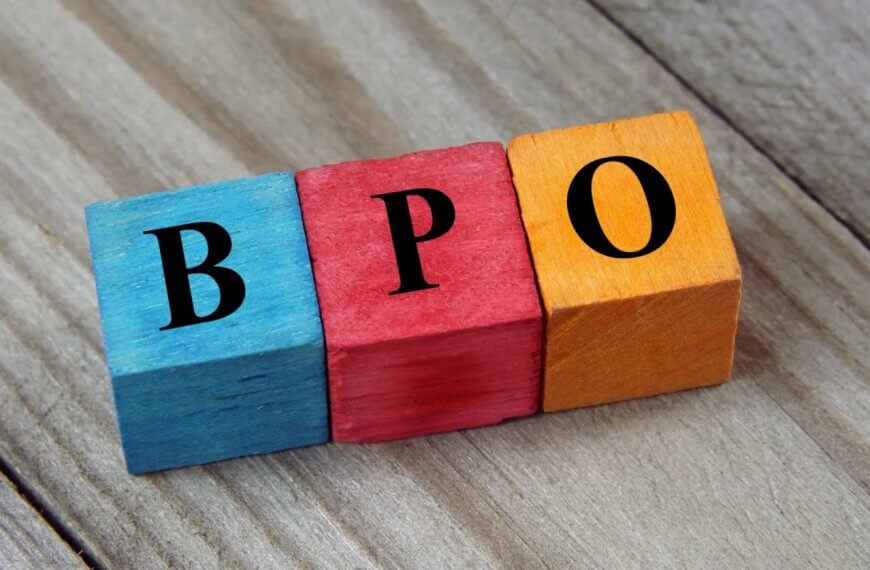Lifestyle Changes for Heart Attack Prevention
You should eat less salt, exercise more, quit smoking, lose weight if necessary, get a cholesterol test, and take medication as prescribed by your doctor.
Get Tested for Cholesterol Levels
It’s important to have your cholesterol levels checked regularly. Your doctor will check them when you first visit her office, then every two years. Cholesterol checks are usually done between ages 20 and 75.
Take Medication As Prescribed
If your doctor prescribes medicine to treat high cholesterol, follow all instructions carefully. Do not stop taking any medicines without consulting your doctor.
How to lower cholesterol and Live a Healthier Life?
Cholesterol has long been associated with heart disease and other health problems. What if I told you that you don’t have to give up meat or dairy to live healthier? In fact, there are plenty of ways to reduce cholesterol levels naturally without having to take statins. Let me show you some of them.
Cholesterol is found in foods such as eggs, pork, beef, poultry, fish, shellfish, butter, cheese, milk, yogurt, and red meats. Some studies suggest that high cholesterol can increase your risk of developing cardiovascular diseases such as stroke, heart attack, and atherosclerosis.
There are several ways to reduce cholesterol naturally. One way is through lifestyle changes. For example, increasing your intake of fruits and vegetables reduces cholesterol levels, because they contain fiber and antioxidants. Other ways include taking supplements and using natural remedies.
Here are 34 tips on how to lower cholesterol:
1. Avoid Saturated Fats
Saturated fat increases LDL (bad) cholesterol, while unsaturated fat decreases LDL cholesterol. Foods rich in saturated fat include red meat, full-fat dairy products, and fatty cuts of poultry.
2. Cut Back On Trans Fatty Acids
Trans fats raise LDL cholesterol and decrease HDL (good) cholesterol. They are found in packaged baked goods and fast food restaurants.
3. Choose Fish Instead Of Meat
Fish contains omega-3 fatty acids, which are essential for healthy cell membranes. Omega-3s also lower triglycerides, which are another type of fat in the blood.
4. Eat More Fiber
Fiber helps regulate bowel movements and keeps cholesterol from being absorbed by the intestine. The best sources of dietary fiber are beans, peas, lentils, oatmeal, brown rice, apples, oranges, pears, bananas, carrots, celery, broccoli, cabbage, cauliflower, garlic, onions, nuts, seeds, and tofu.
5. Drink Plenty Of Water
Water flushes out toxins and helps keep your kidneys functioning well. Drinking enough water also helps flush out excess cholesterol from your system.
6. Get Enough Sleep
A lack of sleep causes stress hormones to rise, which leads to increased insulin resistance and higher cholesterol levels.
7. Exercise Regularly
Exercise boosts energy levels, improves mood, and strengthens muscles. It also burns calories and makes you feel better about yourself.
8. Quit Smoking
Smoking damages arteries and increases cholesterol levels. Quitting smoking may also help people who already have heart disease. Quitting smoking is difficult, but quitting is easier than continuing to smoke. A person who continues to smoke increases his chance of having a heart attack or stroke. Quitting smoking reduces the risk of heart attacks and strokes. To quit smoking, a person must make a commitment to give up cigarettes. He needs support and encouragement. The American Heart Association offers information and tools to help him succeed.
9. Limit Alcohol Consumption
Alcohol consumption can cause liver damage, which raises cholesterol levels. Moderate alcohol use does not seem to affect cholesterol levels.
10. Reduce Stress Levels
Stress can lead to weight gain, which can contribute to elevated cholesterol levels. Try to relax more often.
11. Take Herbal Supplements
Herbs like ginkgo biloba, green tea, and hawthorn berries have been shown to improve memory and cognitive function. These herbs may also be helpful in reducing cholesterol.
12. Use Olive Oil
Oily fish, avocado, tomatoes, and olive oil all contain monounsaturated fats, which help lower cholesterol.
13. Go Green & Leafy
Eat more leafy greens, like spinach, kale, collard greens, chard, arugula, turnip greens, mustard greens, romaine lettuce, endive, and radicchio.
14. Add Some Nuts And Seeds To Your Diet
Nuts and seeds such as almonds, sunflower seeds, pumpkin seeds, walnuts, pecans, Brazil nuts, pistachios, cashews, macadamia nuts, hazelnuts, pine nuts, sesame seeds, and flaxseeds all contain beneficial nutrients that can help with lowering cholesterol.
15. Avoid Processed Meats
Processed meats like hot dogs, bologna, sausage, bacon, ham, pepperoni, salami, and lunchmeat increase the risk of high cholesterol.
16. Have A Healthy Lifestyle
Lack of exercise is linked to obesity, diabetes, cardiovascular diseases, and other health problems. Make sure to get at least 30 minutes of physical activity every day.
17. Don’t Skip Breakfast
Eating breakfast has many benefits. It reduces hunger throughout the morning, it helps control appetite, and it helps boost metabolism.

18. Be Mindful About What You Eat
Eating too much or eating unhealthy foods will only make matters worse. Focus on what you eat instead of how much you eat.
19. Keep Track Of Cholesterol Levels
If you notice any changes in your cholesterol level, talk to your doctor. If necessary, you may need medication to reduce cholesterol.
20. Follow A Low-Cholesterol Diet Plan
Following a low-cholesterol diet plan may help you achieve healthy cholesterol levels. This type of diet focuses on whole grains, fruits, vegetables, lean protein, and unsaturated fat.
21. Drink More and more Water – Flush cholesterol out
Drinking plenty of water can help flush toxins from the body, keep organs functioning properly, and help prevent constipation.
22. Get Enough Sleep
A lack of sleep can cause stress hormones to rise, leading to increased insulin resistance and elevated cholesterol levels.
23. Control Cravings For Unhealthy Foods – Chips no more!
Cravings for junk food are common when trying to lose weight. Instead of giving into cravings, try exercising, taking walks, meditating, or doing something else to distract yourself.
24. Exercise Regularly
Exercise is important if you want to maintain a healthy lifestyle. It improves overall fitness, burns calories, increases energy, boosts mood, and reduces stress.
25. Stay Hydrated
Drinking enough water each day can help you feel full longer, stay hydrated, and decrease the likelihood of getting sick.
26. Take Care Of Yourself
Taking care of yourself includes everything from looking after your mental well being to maintaining good hygiene.
27. Maintain A Balanced Life
Maintaining a balanced life involves having both work and play time. Balance means having some downtime where you relax and enjoy yourself.
28. Reduce Stress
Stress leads to poor nutrition choices, which can lead to higher cholesterol. Try to find ways to manage stress so you don’t have to turn to unhealthy habits.
29. Use The Right Tools – Tech can help too!
Use tools like scales, measuring cups, spoons, and measuring sticks to ensure you’re using them correctly.
30. Watch Your Weight and do something about it!
Being overweight puts an extra strain on the heart and arteries, causing blood pressure to rise. Being underweight also puts added strain on the heart.
31. Work Out With Others – Safety in numbers
Group workouts offer motivation and support. They also give you more opportunities to meet new people and form friendships.
32. Know When To Quit
Quitting smoking, drinking alcohol, and overeating aren’t easy decisions to make. However, quitting these bad habits can improve your health and increase your chances of living a long and happy life.
33. Learn How To Cook Healthy Meals
Cooking at home allows you to prepare meals that fit your dietary needs. Cooking at home also saves money and cuts down on waste.
34. Avoid Processed Food
Processed foods contain preservatives and additives that can be harmful to your health. Read labels carefully before buying processed foods.
Heart-Healthy Diet for a better you
Cholesterol is essential for our body, but too much of it can cause serious health problems. Use the tips above change and adjust your lifestyle to your body’s needs. Living this new lifestyle can help you lower blood cholesterol and avoid future Coronary Heart Disease and other complications.
























